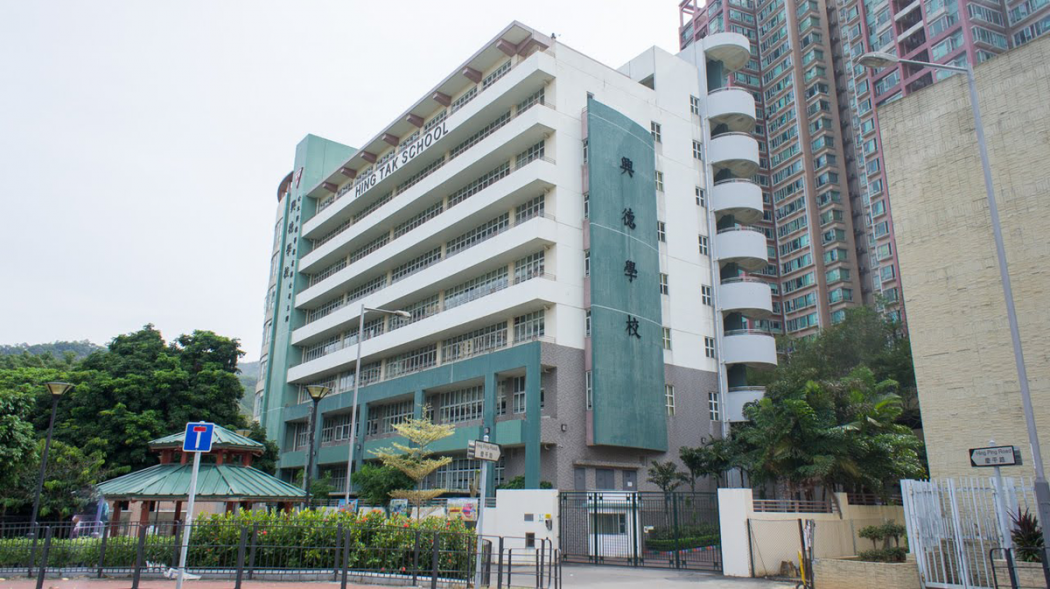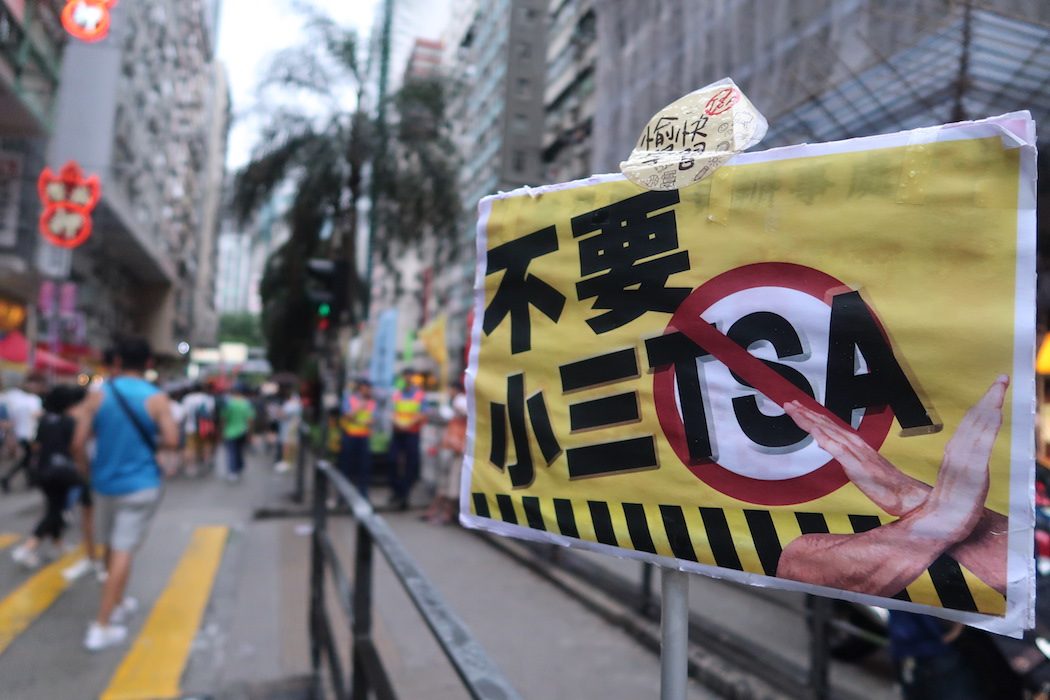School scandals dominate news headlines again. Hing Tak School, a primary school in Tuen Mun, stands accused of registering “phantom pupils” who never showed up to class.
Other extreme micro-managing practices allegedly included asking teachers to donate a few hundred dollars for “cake coupons” whenever they called in sick, forcing teachers to write confessions whenever they made mistakes, and installing high-definition CCTV cameras which transmitted images straight to the headmistress’s smartphone, to monitor teachers.

We can predict how the story unfolds: the headmistress denies any wrongdoing, followed by condemnation from teachers, parents, the government and the wider community.
Are Hong Kong teachers really shocked by this outrageous case? Well, there is nothing new under the sun, and the lessons of this story surely go way beyond just one embattled headmistress. For years there have been severe problems with school leadership in Hong Kong.
The tragic case of Law Cheuk-ki, a 10-year-old girl who fell to her death from the fifth floor of the CCC Kei Chun Primary School in December 2013, is one example. No teachers were allowed to call 999 without approval from the school head, for fear of media attention. This ridiculous policy somehow delayed rescue operations and led to strong criticism from the coroner of Kei Chun’s teachers.
How do we explain such persistently pathological decision-making as in Kei Chun and Hing Tak, which trumps common sense?
The answer, according to Ip Kin-yuen, the lawmaker from the Hong Kong Professional Teachers’ Union, partly lies in the school-based management (SBM) policy introduced under the Education (Amendment) Ordinance implemented in 2005.

Although the SBM policy promised to “provide schools with enhanced flexibility and autonomy” and “enhance transparency and accountability in the use of public funds”, the power of decision-making is actually concentrated in the hands of a few school managers inside the incorporated management committee (IMC).
With more stakeholders such as parents, teachers and alumni participating in school governance, the IMC of an aided school is no longer subject to the absolute dominance of representatives from the school sponsoring body. Enormous powers have been devolved from the Education Bureau to the IMC – particularly in the realm of deploying financial resources, employing and dismissing teachers.
Many school managers are not familiar with the three sources of their statutory powers (the Code of Aid, Education Ordinance, and Education Regulations), so the logic of school leadership in an IMC, argues Ip, often degenerates into power abuse and the illusion that school leaders can do whatever they want in their little kingdoms.
It is small wonder that a well-intentioned policy such as SBM easily eviscerates professionalism and accountability from school governance. Power corrupts. Absolute power corrupts absolutely.
What are the catastrophic consequences when aspirations for democratic schooling once promised in the education reform are crushed? Hong Kong pupils and universities still top global educational rankings, but trust in public education has been eroded.
What do wealthy middle-class parents do? The Chief Executive and the Secretary for Education show you the way: keep their children overseas or enroll them in private international schools.
For those who cannot leave, just bear with the overwhelming system and live with it. Rampant objectless fear and competitive struggles grip us daily not because we want our children to race to the impossible top but simply because we don’t want to see them lose at the starting line.
In schools, we derive a sense of illusion by cramming into the Procrustean bed of whatever policy acronyms are currently fashionable (be it TSA, BCA or DSE) which in turn stifles creativity, eccentricity and innovation.

In the midst of demographic decline, can the school pre-admit pupils coming from Mainland China? If a policy document doesn’t say so, can schools veer into this unknown grey zone? In the words of British sociologist Stephen J. Ball, in the age of neoliberalism, it is ambivalence and the market logic of performativity that define the post-reform education system.
What’s the way forward? The educational authority may promise a thorough review of the existing SBM policy. But can we turn the clock back to the time before the 2004 amendments of the Education Ordinance? Unfortunately, the legislation was passed a long time ago and the Roman Catholic Church lost its appeal to the Court of Final Appeal in 2007. So, nostalgia is not an option.
All aided schools are still funded by taxpayers and schools are supposed to be accountable to the wider Hong Kong community. Here, the headmistress’s request for “sick leave” treats serves as an ironic reminder that leaders simply cannot have their cake and eat it.
No top-down policy can guarantee successful outcomes and you cannot manufacture an ideal leader following the fashion of assembly lines in a factory. After all, no matter how dismal school teaching these days is, identity and integrity still matter, and these two ‘Is’ cannot be churned out by policy documents.
If you are experiencing negative feelings, please call: The Samaritans 2896 0000 (24-hour, multilingual), Suicide Prevention Centre 2382 0000 or the Social Welfare Department 2343 2255. The Hong Kong Society of Counseling and Psychology provides a WhatsApp hotline in English and Chinese: 6218 1084. See also: HKFP’s comprehensive guide to mental health services in Hong Kong
